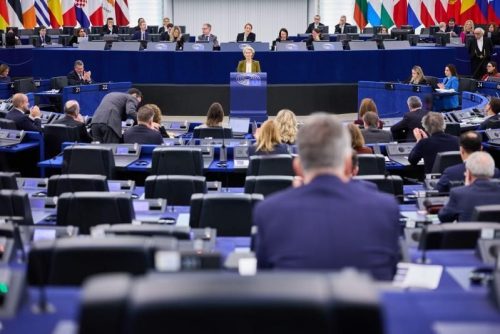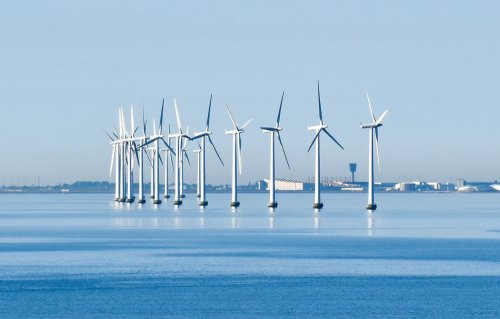A new study by scientists at King's College London predicts even longer summers in Europe. After analyzing climate models, they concluded that by 2100, summer will last almost 200 days, as it did 6,000 years ago.
This was reported by Euronews.
Evidence in the mud
Researchers led by Celia Martin-Puertas studied sediments at the bottom of European lakes. At first glance, it looks like ordinary mud. However, it provides a comprehensive picture of seasonal changes over the last 10,000 years.
In the northern hemisphere, there is a latitudinal temperature gradient—lower in the Arctic, higher near the equator. This difference ensures the circulation of air masses. However, with global warming, the Arctic is heating up, the difference is decreasing, and air currents are almost stationary, which can cause "heat waves."
Each 1 °C decrease in the gradient is equivalent to a six-day increase in the summer period. Scientists have calculated that at the current rate of warming, by 2100, summer in Europe will last eight months. Similar climatic conditions existed in the region 6,000 years ago.
Repeat on acceleration
Climate history is cyclical, but now there are disruptions in the pace and intensity of change.
Researchers note that the cause of accelerated warming is greenhouse gas emissions and the warming they cause in the Arctic. This region is warming four times faster than the global average.
The old hot world
Europe is experiencing the fastest rates of warming. This is particularly noticeable in cities covered in concrete and asphalt. This creates an urban heat island effect, which amplifies how ordinary city dwellers experience global warming.
Euronews cites the findings of this year's study by Climate Resilience for All, which examined temperature data from 85 cities around the world. They show that Europe is now hot not only in summer. In Athens, Greece, the highest temperatures were recorded from mid-May to early October. Next on the list of hottest cities are Tirana (143 days), Lisbon (136 days), and Madrid (119 days).
EkoPolitic previously reported that one in five deaths from cardiovascular diseases in the EU is caused by global warming.
However, at the recent COP30 climate conference, countries still failed to reach a consensus on phasing out fossil fuels.





